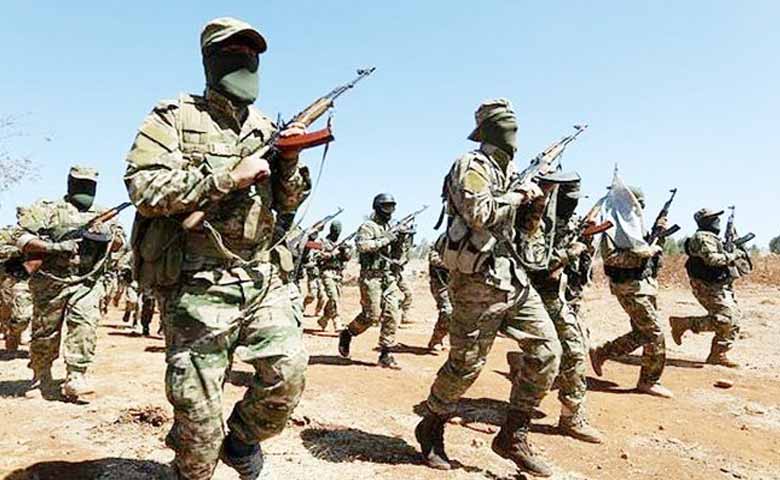Syrian Civil War Update: Rebels Seize Control of Damascus
Recent developments in the Syrian civil war have marked a major turning point as opposition forces make unprecedented advances.

Recent developments in the Syrian civil war have marked a major turning point as opposition forces make unprecedented advances. For the first time since 2018, rebels have reached the outskirts of Damascus, signaling a pivotal shift in the conflict.
Table of Contents
Damascus Under Rebel Control
Syrian opposition fighters have successfully taken over the capital city, Damascus. Reports confirm that President Bashar al-Assad has fled to Moscow, where he has been granted asylum. Rebel leaders have declared the city liberated, describing it as freedom from the “tyranny of Bashar al-Assad.”
In a symbolic move, rebels have torn down a statue of Assad’s father, Hafez al-Assad, reflecting public sentiment and marking the end of a 50-year family rule in Syria.
Rebel Victories Expand
The opposition also announced the capture of Homs, a key city in the conflict, early Sunday morning. Led by Hayat Tahrir al-Sham (HTS), the rebels celebrated their victories by firing into the air and removing Assad’s posters. Within a single day, they seized control of Daraa, Quneitra, Suwayda, and Homs, delivering a decisive blow to Assad’s 24-year regime.
Also Read: What Caused Bashar al-Assad’s Downfall in Syria? Here’s What We Know
Offensive Gains Momentum
The latest rebel offensive began on November 27, targeting key government strongholds. The rapid advances included breaches in Aleppo, with HTS leading a surprise assault that shifted the war’s momentum.
Global Responses and Warnings
As Assad reportedly seeks assistance from Russia, the situation mirrors earlier Russian interventions that had propped up his regime. Iran has also been providing fighters to support Syria.
India has issued an advisory urging its citizens to avoid travel to Syria and to leave the country if already present, citing heightened violence.
Political Transition on the Horizon
Reflecting the shifting landscape, US President-elect Donald Trump has stated that America should avoid military involvement in Syria, emphasizing that the conflict is not a US concern.
Meanwhile, Syria’s Prime Minister has expressed openness to cooperating with any leadership chosen by the people, suggesting a potential path for a peaceful transition. Rebel commanders have instructed their troops to respect public institutions in Damascus until a formal handover occurs.
These developments mark the dawn of a new chapter in Syria’s history, defined by a changing power dynamic and hopes for a more stable future.

